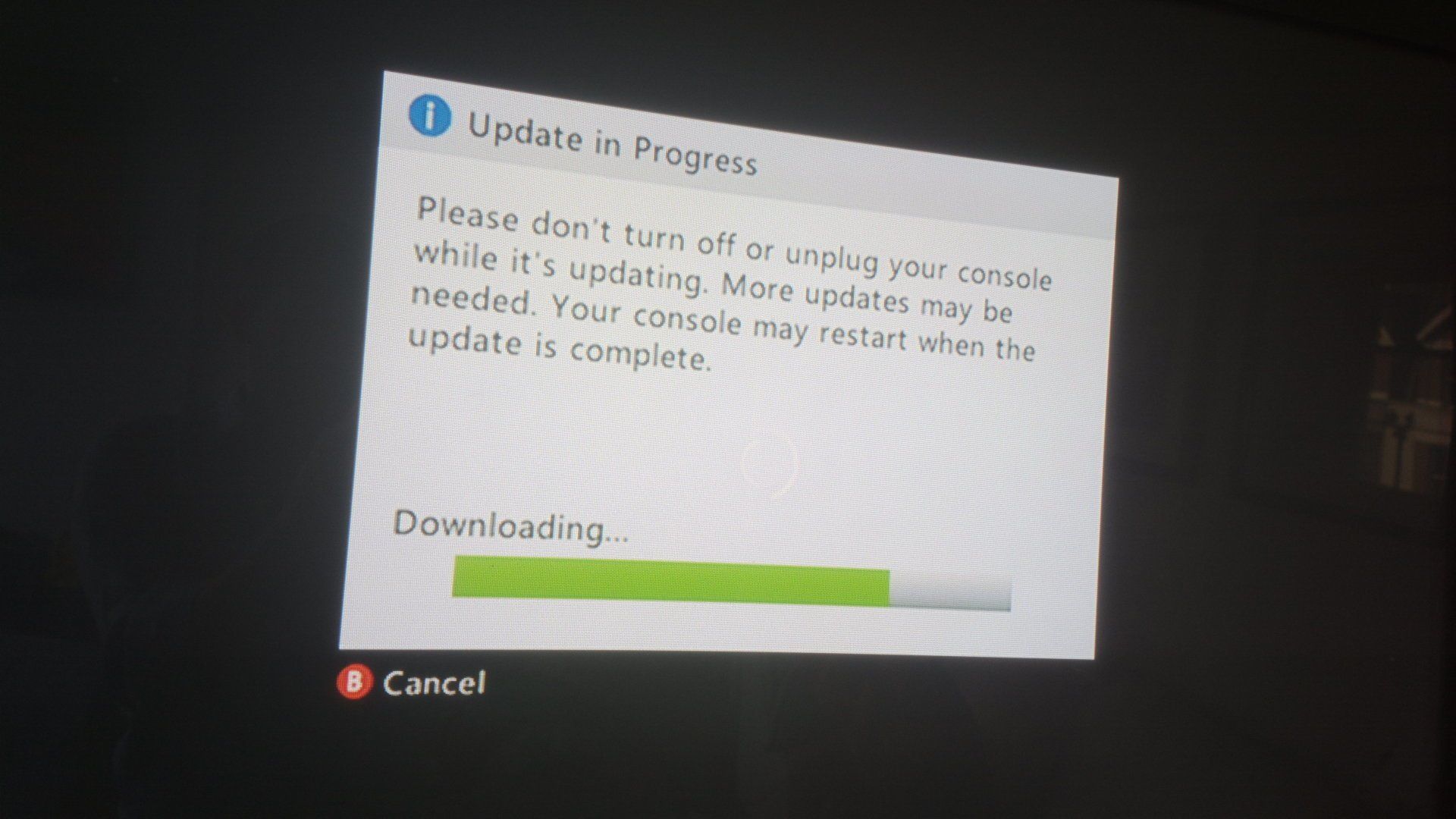The Conversation with Your Doctor, Estate Planning Lawyer and Family Members
September 7, 2019
“The best way to ensure that they know and understand your wishes, is to take a copy of your advanced healthcare directive or living will with you to your next check up and talk to your physician about it, then ask them to keep the copy on file.”
Everyone needs to have an annual checkup, taking stock of their health with their primary physician and making sure that everyone is on the same page when it comes to instructions for health care and an advanced healthcare directive, also known as a living will. When people sign their last will and testament, everyone breathes a big sigh, says The Huntsville Item’s article “Make sure you talk to your doctor and family.”
But that’s not the end of estate planning.

Your primary care provider needs to know what your wishes are, as well as your spouse and children. The best way to make sure they have this information, in addition to having a conversation, is to bring a copy of an advanced healthcare directive or living will with you to your next check up and talk with your doctor about it. Ask them to keep a copy on file.
It’s a good idea to give a copy of the Medical Power of Attorney and Medical Directive to Physicians and Family to each primary care physician, and a copy to the healthcare agents you have selected. Don’t forget to keep a copy or two in your records to take with you, if you ever have to go to the hospital. The signed original should be kept with all of your estate planning documents—in a safe place in your home, possibly in a fireproof safe.
Make sure to tell a few family members where these documents are, in case of an emergency.
The hardest part of estate planning is not usually picking the right fiduciaries or deciding how to distribute assets among loved ones. The hardest part is almost always having these conversations with family and loved ones.
It can be so daunting that families often don’t have these important discussions. Here’s the problem: avoiding the conversation doesn’t mean the issues go away. More family infighting takes place after a death than any other time. Emotions are running high, old wounds are opened, and unresolved issues, especially between siblings, come pouring out. If the parent who has died has always been the one who made peace between everyone, that buffer is gone.
Having this discussion in a low-pressure, non-emergency time, is something that every parent should do for their children. Consider a family gathering where the underlying agenda is to get everyone comfortable with the concept of talking about what the future holds. It doesn’t have to be a formal meeting; a casual family get-together is more likely comfortable for everyone.
If the conversations are taking place in a casual manner over an extended period of time, a lot of ground can be covered with less tension and stress. Getting people used to the idea that you know that you are not going to live forever, and you want to be sure they are taken care of, may make it easier for everyone when the time does come.
In some families, these conversations begin when all are invited to attend a family meeting with the estate planning attorney to discuss wills, powers of attorney and medical power of attorney. Sometimes having this conversation with an experienced professional can take some of the sting out of planning for the future.
Reference:
The Huntsville Item
(June 30, 2019) “Make sure you talk to your doctor and family”

When names change, executing documents with the person’s prior name can become problematic. In estate planning documents, where there are risks about being able to make decisions in a timely manner or to mitigate the possibility of an estate challenge, a name change to update documents is an ounce of prevention.

Even if you have taken good care of your finances over the years, adding a child to the family can change your financial situation significantly. This is why experts recommend parents begin planning for their financial security as soon as possible. Here are a few tips for parents on how to get started with financial planning.

With hurricanes, tropical storms and wildfires becoming routine events, data from the National Poll on Health Aging suggest that older adults, loved ones and their care providers should take time to prepare for how they will cope and communicate in an emergency. The question is not if something will occur, but when. Having a plan in place for disaster is important for seniors. So is having an estate plan, to prepare for life’s unexpected occurrences. If you don’t have an estate plan, speak with an estate planning attorney soon to have a will, power of attorney, healthcare proxy and other planning documents in place.

“While it’s not something many people think about until faced with the issue, obtaining a credit report for a deceased person is important. You may need to make sure the credit report is accurate and take stock of any creditors you need to notify of the death or see if there’s any unresolved debt that you’re not aware of.”






